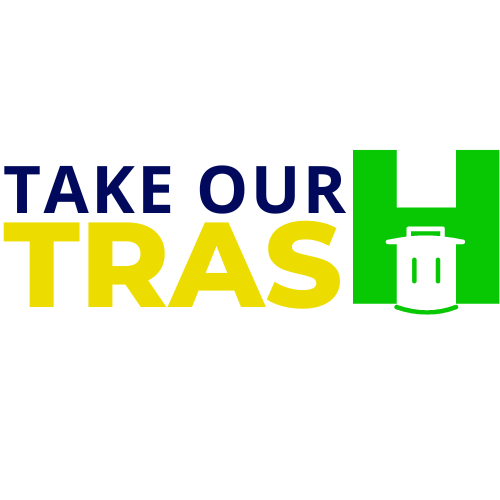As more households and businesses aim to reduce their environmental impact, the demand for eco-friendly alternatives to plastic has soared. Two popular options that often come up in waste management conversations are biodegradable and compostable trash bags. They sound similar—but are they really the same?
Let’s break down the differences, debunk some common misconceptions, and help you choose the right solution for your waste disposal needs.
What Does "Biodegradable" Really Mean?
A biodegradable trash bag is designed to break down naturally over time through the action of microorganisms such as bacteria or fungi. However, the term is broad and not strictly regulated. This means:
-
Biodegradable bags may still take years to decompose, especially in landfills where oxygen and sunlight are limited.
-
Some bags only break down into microplastics, which can still be harmful to the environment.
-
The decomposition speed depends heavily on the disposal conditions (air, temperature, moisture).
So while “biodegradable” sounds green, it doesn’t always mean the product is harmless or fast-breaking.
What Makes a Bag Compostable?
Compostable trash bags, on the other hand, are specifically made to break down into non-toxic, organic materials that can nourish the soil. Key features include:
-
Must meet strict standards like ASTM D6400 (U.S.) or EN 13432 (EU).
-
Completely decomposes in industrial composting facilities within weeks.
-
Leaves no harmful residue, unlike some biodegradable plastics.
Some compostable bags are even suitable for home composting, but always check the label for certification.
Key Differences at a Glance
|
Feature |
Biodegradable Bags |
Compostable Bags |
|
Breakdown Time |
Months to years |
Weeks (in composting conditions) |
|
End Result |
Can leave microplastics |
Breaks down into water, CO₂, biomass |
|
Environmental Impact |
Varies—sometimes minimal |
Minimal when disposed of correctly |
|
Certification Required |
No strict requirement |
Yes (ASTM, BPI, etc.) |
|
Compost Compatibility |
Usually not suitable for compost |
Ideal for composting (check for labels) |
Greenwashing Alert: Don't Be Fooled
Just because a product is labeled “eco-friendly” doesn’t mean it lives up to that claim. Many “biodegradable” bags only partially degrade and can still pollute the environment. Always look for certifications and disposal instructions to ensure you’re making a truly sustainable choice.
So, Which Should You Use?
-
If your city has industrial composting facilities, compostable trash bags are the better, cleaner option.
-
If you don’t have access to composting, a certified biodegradable bag is better than traditional plastic—but still not perfect.
-
For organic kitchen waste, home-compostable bags are ideal if you maintain your own compost pile.
Final Thoughts
In the eco-friendly bag battle, compostable bags win when disposed of properly. But the key to making any of these options work is understanding your local waste system and using them correctly. Sustainable living isn’t just about buying the right products—it’s also about knowing what happens after the trash goes out.

